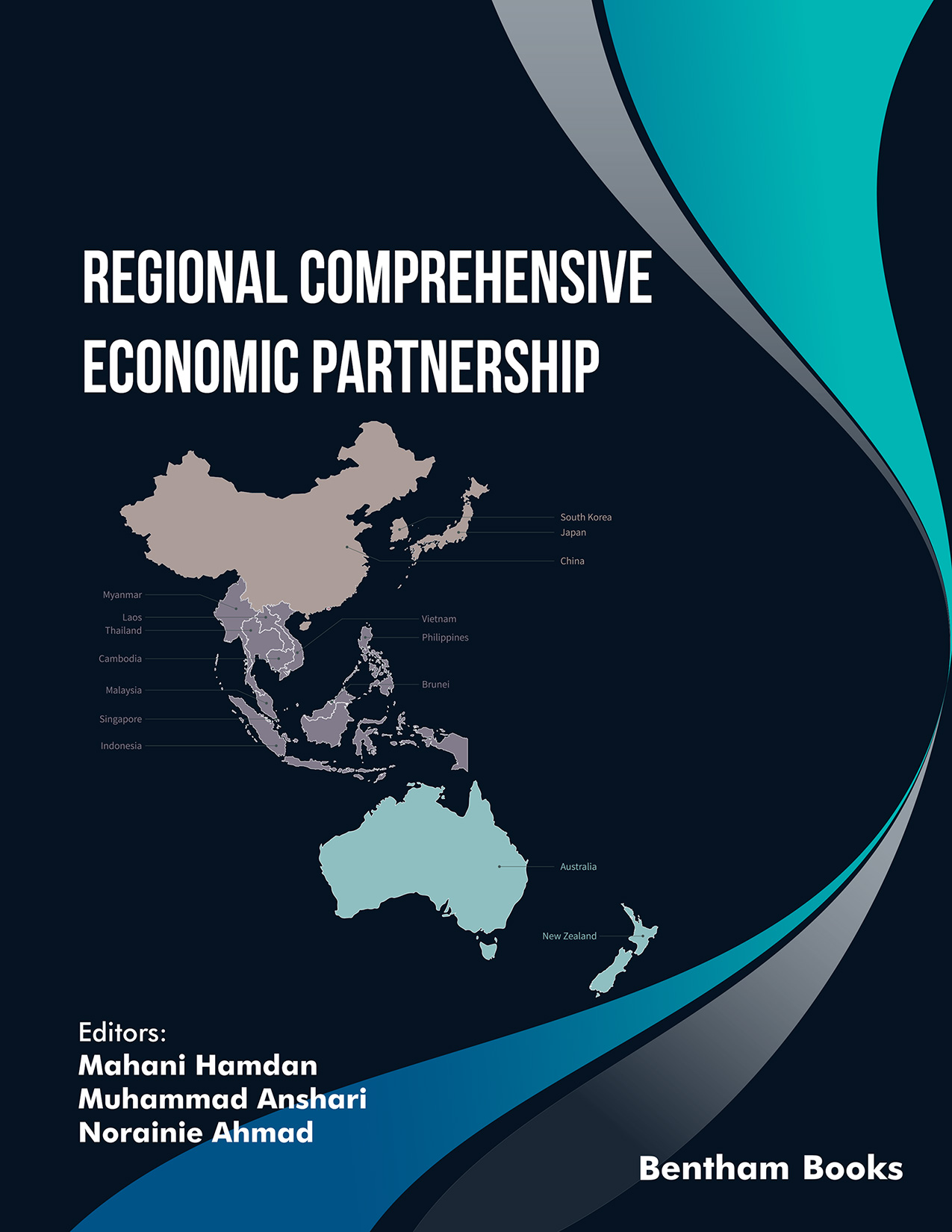Introduction
The Regional Comprehensive Economic Partnership (RCEP) is a free-trade deal between
10 ASEAN member states and Australia, China, Japan, New Zealand, and South Korea. It
is the world's biggest regional trade deal, and it will create the world's most
populous trade area. This edited collection features 10 contributions from
multidisciplinary authors and is meant to share research and best practises on
different aspects of the RCEP. It presents research projects that contribute to the
discussion about the theory, lessons learned, and business strategies, to give a
better understanding of the RCEP and how it can shape policy in member countries.
The themes in each chapter can also serve to evaluate reports on the RCEP's overall
progress. The book covers a broad range of subjects, including an overview of the
RCEP, digital economy, peer-to-peer lending, international e-commerce, big data, ICT
readiness and much more.
This work is a key source of information and reference for RCEP development for
academics and researchers (in economics and political science), government and trade
organisations and policymakers interested in the RCEP. Members of the general public
who want to understand debates surrounding the RCEP will also benefit from the
information provided.
Audience
General readers, academics, economists, political scientists, policymakers,
government and trade organizations.

